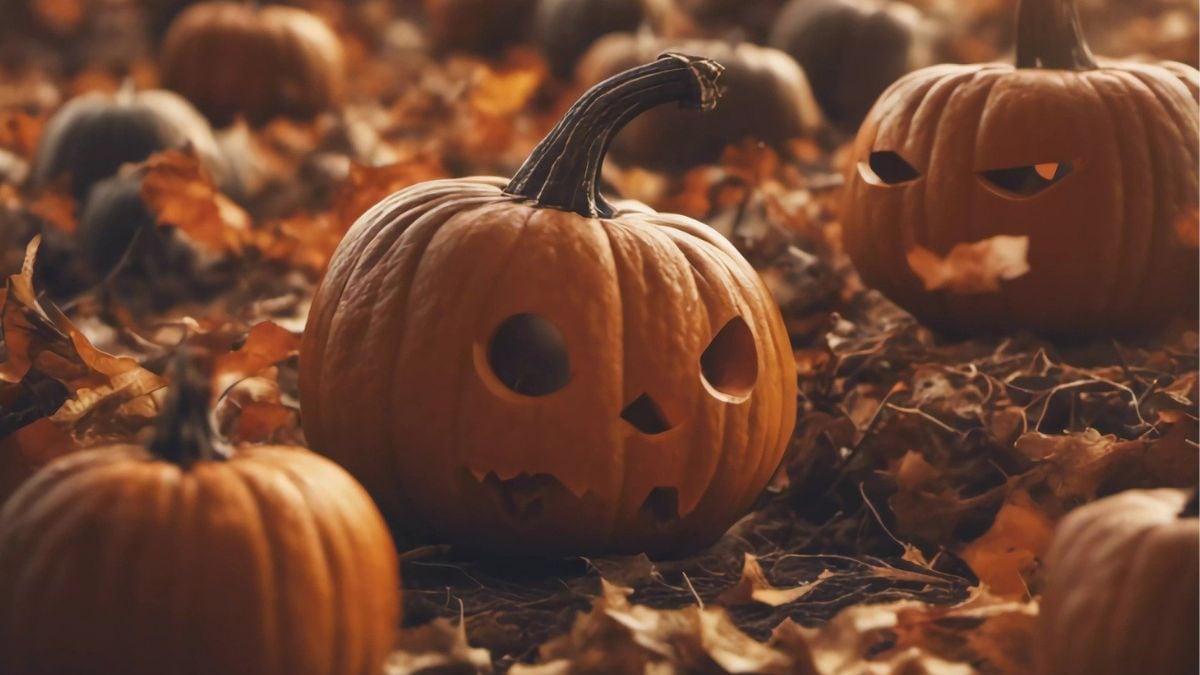Halloween is celebrated every October 31, being one of the most important dates of the year, due to the significance it has acquired over time.
PUBLICIDAD
Here we tell you how it all started, and the importance that the celebration has today.
PUBLICIDAD
How did Halloween originate?
Celebrated on October 31st, it has its roots in ancient Celtic festivals from the early Christian era thousands of years ago, particularly the festival of Samhain. This event marked the end of the harvest and the beginning of winter, a time associated with death and rebirth. During Samhain, it was believed that the spirits of the dead returned to earth, leading people to light bonfires and wear costumes to ward off evil spirits.
The Christian influence of the celebration
Over time, the celebration became mixed with Christian traditions. In the 8th century, Pope Gregory III established All Saints' Day on November 1st, which honored the martyrs and saints. The night before, known as All Hallows' Eve, was the origin of the name Halloween.

These are modern traditions
Currently, Halloween has become a cultural celebration, especially in the United States. Customs include wearing costumes, trick-or-treating (where children go door-to-door asking for candy), and decorating houses with skulls and ghosts. The carved pumpkin, known as a "jack-o'-lantern," comes from an Irish legend about a man named Jack who tricked the devil and, as a result, was forced to wander in darkness with a lantern made from a turnip. In America, the use of pumpkins became popular because they were easier to carve.
Essence of celebration
Although Halloween has evolved over the centuries, its essence of celebrating life, death, and mystery remains present. The holiday offers an opportunity for people to express themselves creatively, enjoy the company of friends and family, and celebrate the unknown.
